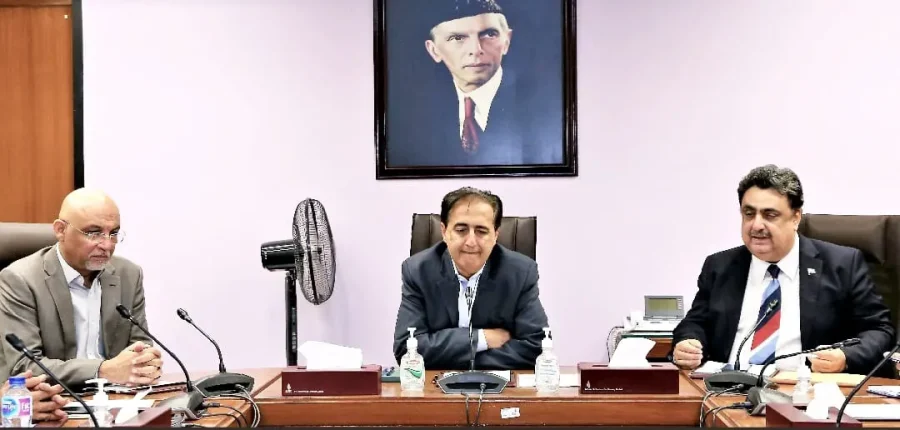Managing Director of Sui Southern Gas Company (SSGC), Imran Maniar, has announced plans to reduce the gas supply in the company’s system from the current 720 MMCFD (million cubic feet per day) to 500 MMCFD over the next five years. He emphasized the need for urgent action on tight gas and coal gasification projects to meet the country’s gas requirements.
During a media briefing at the SSGC office, Imran Maniar stated that currently, the SSGC system has 720 MMCFD of gas available, with an additional 120 MMCFD of RLNG (Regasified liquefied natural gas). However, due to the lack of new gas reserves and continuous increase in demand, Sindh and Balochistan are facing a consistent decrease in available gas.
Therefore, the gas supply in the SSGC system will be reduced to 500 MMCFD over the next five years. To fulfill the country’s gas requirements, rapid work is needed on tight gas and coal gasification projects. Imran Maniar further explained that the reduced gas availability is due to the absence of new gas discoveries and the continuous increase in demand. He highlighted the measures taken by SSGC to mitigate gas transmission losses and theft, reducing them by 6 percent from 14 percent in Karachi in the past year. This reduction is expected to save the national exchequer Rs 5 to 6 billion annually.
However, Balochistan continues to suffer higher transmission losses, requiring further efforts to address the issue. Balochistan currently incurs an annual loss of over Rs 24 billion due to gas theft. Regarding the steel mill’s obligations, Imran Maniar mentioned discussions with the government of Sindh regarding the acquisition of 1200 acres of land at Port Qasim in exchange for a debt of 50 billion rupees.
Additionally, discussions are underway with the federal government to address issues such as the appointment of teachers and increasing enrollment with Education Management Organizations (EMOs).
Imran Maniar stressed the importance of initiating tight gas and coal gasification projects to meet the country’s gas requirements. Tight gas exploration companies need to be incentivized, while coal gasification projects should utilize local and imported coal to increase domestic gas production by over 200 MMCFD.
These initiatives will help save over 2 billion dollars annually in LNG imports. Regarding domestic gas utilization, Imran Maniar advised consumers to use gas cautiously to remain on the protected consumer list.
He highlighted the recent increase in electricity and gas rates due to the decrease in the value of the rupee and the removal of subsidies by the IMF. Local gas production in the future can ensure uninterrupted and affordable gas supply to consumers.










